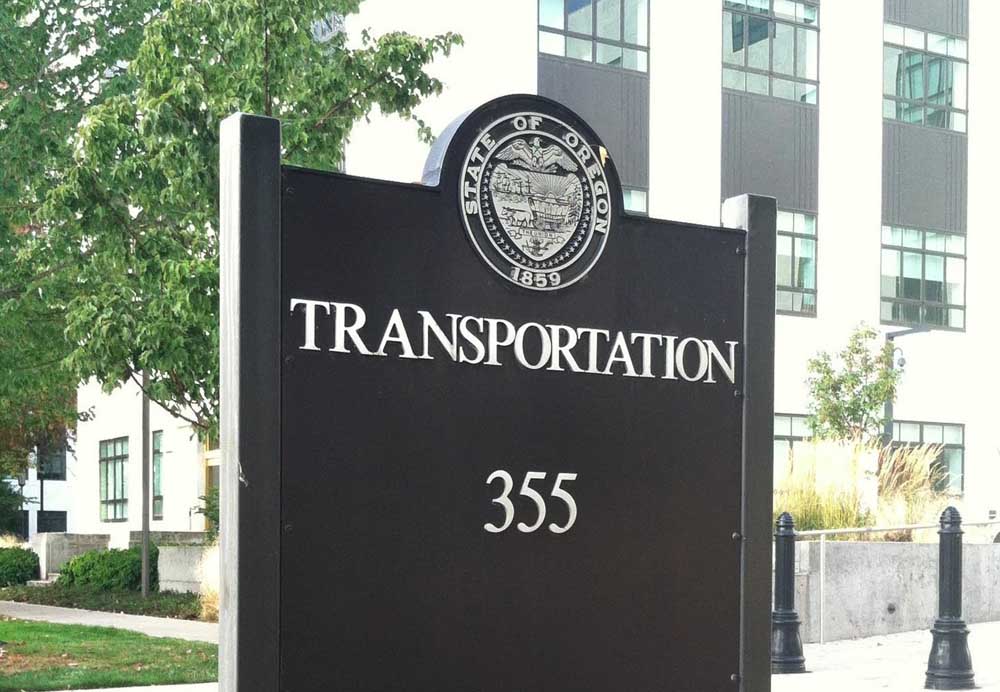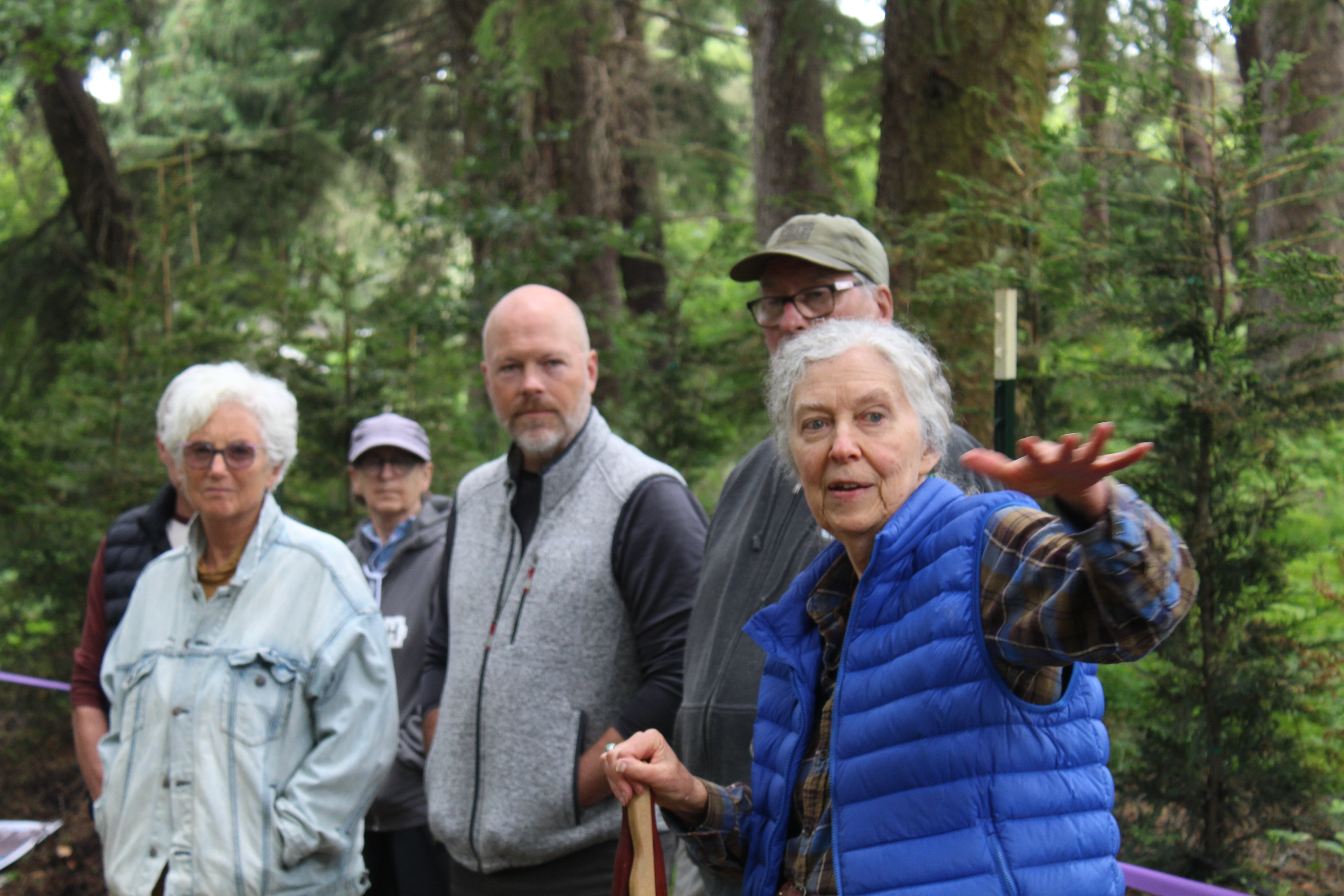ODOT requests 153 positions for transportation
Published 11:51 am Friday, December 15, 2017

- Lori McAllen, a Linn County DMV worker, purportedly wrote on Facebook that migrants should be shot at the border. ODOT reported Friday that she is no longer employed by the agency.
SALEM — The Oregon Department of Transportation plans to request 153 new positions in February to help deliver $5.3 billion in transportation projects lawmakers agreed to fund earlier this year.
Trending
It was unclear Friday how much the new positions will cost, but they equate to nearly 78 full-time employees, said Leah Horner, ODOT government relations manager.
The 153 jobs would start in the next two years and would augment 35 new full-time positions the state Legislature already approved in July. The deparment is in the midst of hiring for those jobs.
The agency estimates it could ask for another 113 positions for 2020 and 2021.
Trending
The request comes as the Department of Transportation is gearing up to boost outsourcing to deliver road and bridge projects in the transportation package.
Agency officials said Friday they plan to increase outsourcing, currently about 50 percent, to about 70 percent on preliminary engineering work.
The strategy – a national trend – is designed to hold down costs and circumvent a labor shortage in the engineering industry.
“We are relying on outsourcing to limit the number of positions in the agency,” said Paul Mather, ODOT highway division administrator. “We also want to capture the innovation and expertise of the private sector.”
However, a preliminary report by the department and the Oregon Council of Engineering Companies indicates relying more heavily on outsourcing by transportation departments in other states has produced some negative results. Those have included an increase in costs, recruitment of agency employees to private consulting firms, less oversight, increased risk of missing errors and potential conflicts of interest in consultants’ work.
The negative effects “we found from other states is not consistent with our experience here in Oregon and thus will not be included in the final version,” Mather said of the preliminary report. The final version of the report, “Transportation Program Delivery Approach,” is scheduled to be released next month, he said.
Mather said the Department of Transportation can avoid the risks of outsourcing by clearly communicating expectations in contracts and putting the agency’s practices and procedures in contract language for which contractors can be held accountable.
A management review of the department earlier this year recommended that the agency clarify contract language to improve project outcomes.
The Capital Bureau is a collaboration between EO Media Group and Pamplin Media Group.









